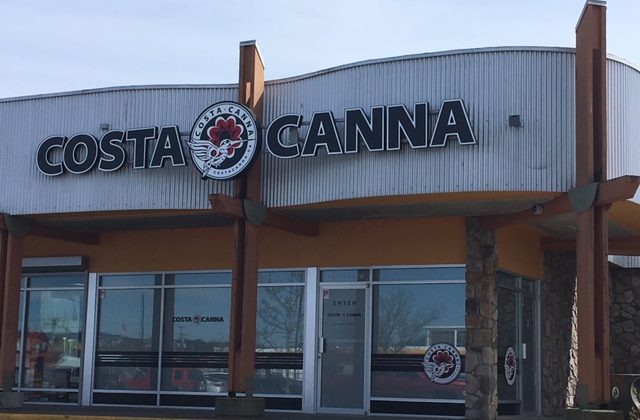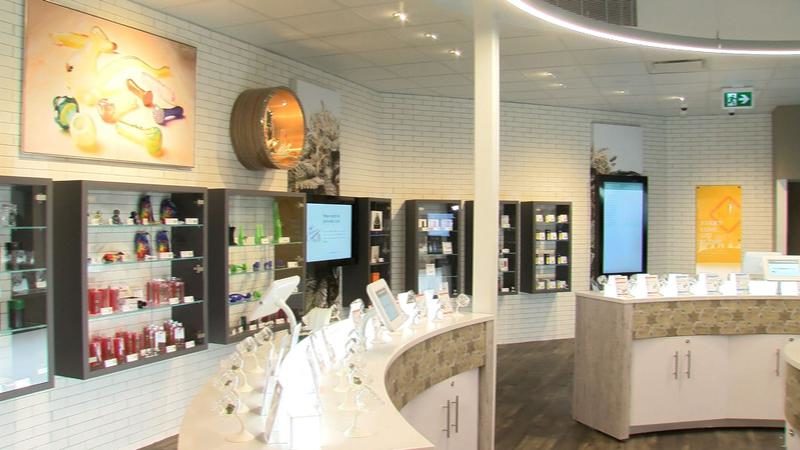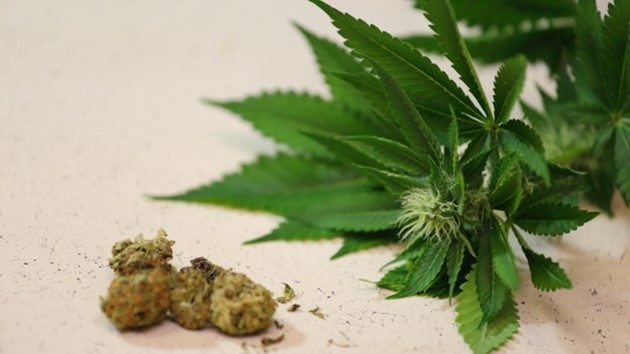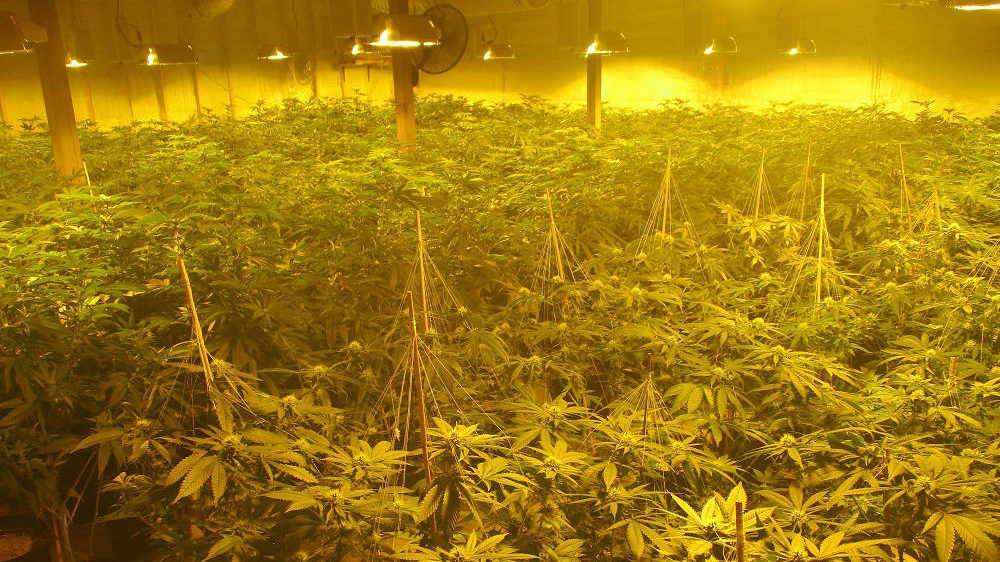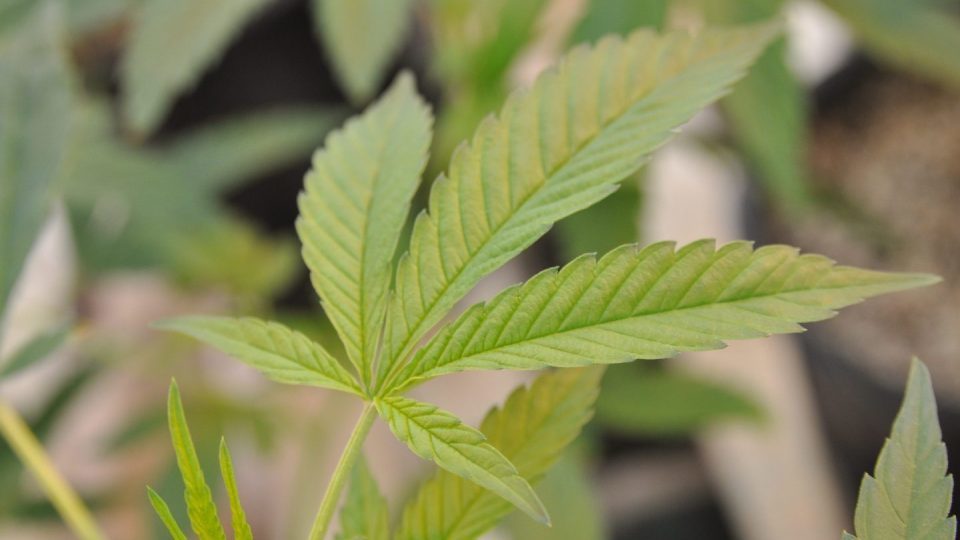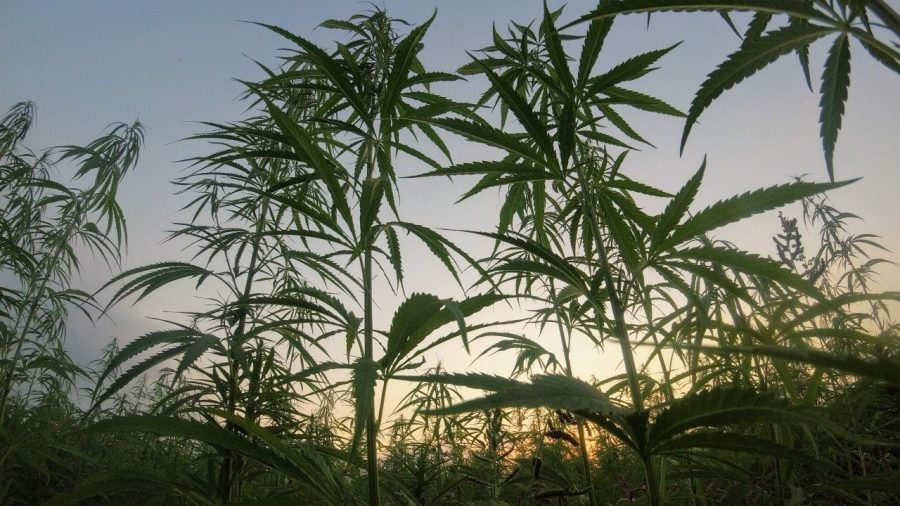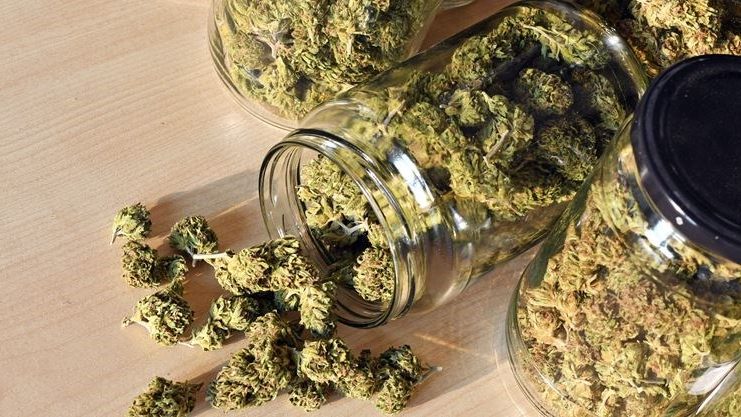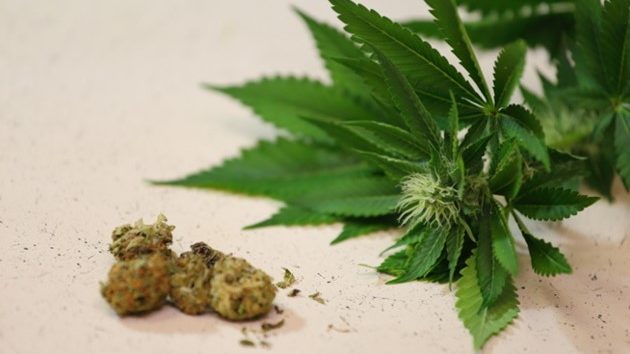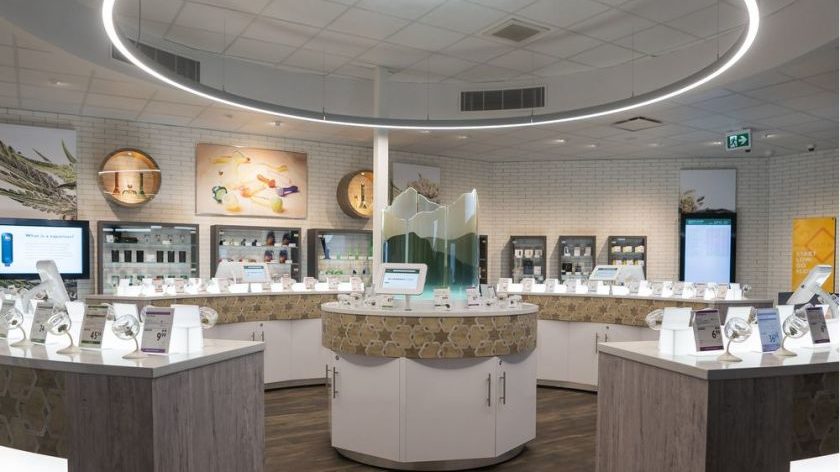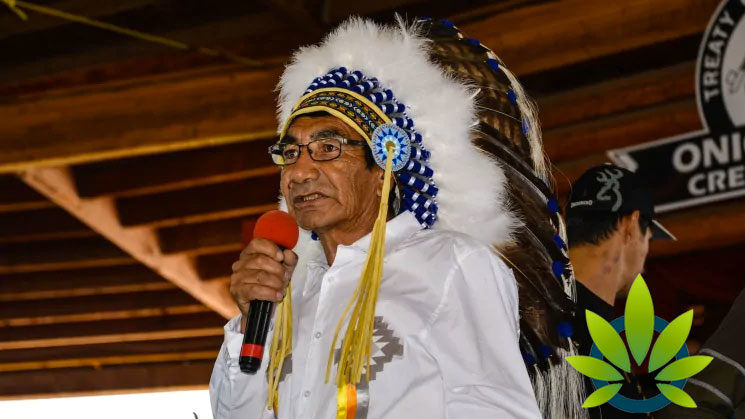Cowichan Tribes has received its cannabis licence from the province and the Costa Canna pot shop is expected to be operational on October 18.
Posts published in “Province / Territory”
Terry Teegee will chair the Assembly of First Nations Chiefs Committee on Cannabis, which is working on a framework to harmonize the First Nation “seed to sale” cannabis industry with the rest of Canada.
Today there is a barrier to First Nations pursuing the legal cannabis business, even on our own lands. The problem is rooted in the fact that the federal government has delegated cannabis retail licensing authority to the provinces.
Exactly how the provisions of the federal Cannabis Act, which came into force on 17 October 2018, will apply to Indigenous communities has not been addressed in the legislation.
Couchiching was one of eight First Nations to receive a cannabis licence during a selection process that began on July 31 and a storefront is expected to open as early as the end of this year, or at the latest, summer of 2020.
am not an expert on politics, land use or zoning bylaws but I am deeply disheartened by North Cowichan’s decision to consider the province’s application for a cannabis shop despite the plea from Cowichan Tribes Chief William Seymour .
First Nation communities in northern Ontario say Canada and the province are ignoring their jurisdiction as they roll out their cannabis legalization plans.
Negotiations are underway on a federal cannabis framework, that would see Indigenous communities run their own marijuana system, from grow-op to dispensary, separate from the provincial network.
B.C.’s largest First Nation is calling on the provincial government to rescind an application for a B.C. Cannabis store in a local shopping mall where its government hopes to open its own non-medical cannabis store.
“We have not been able to access a safe legal supply of cannabis because we were left out of the federal legislation,” Chief McLeod said.

